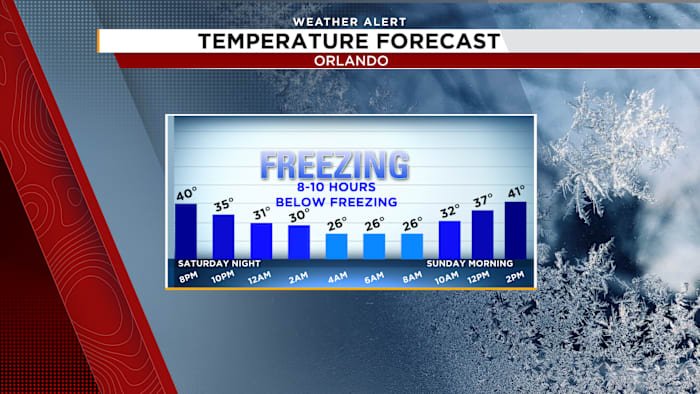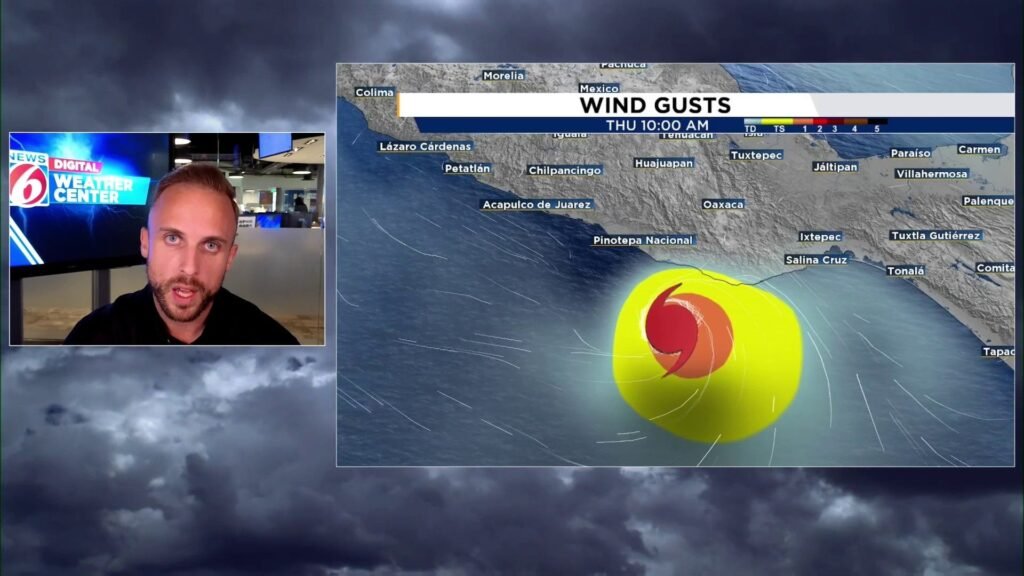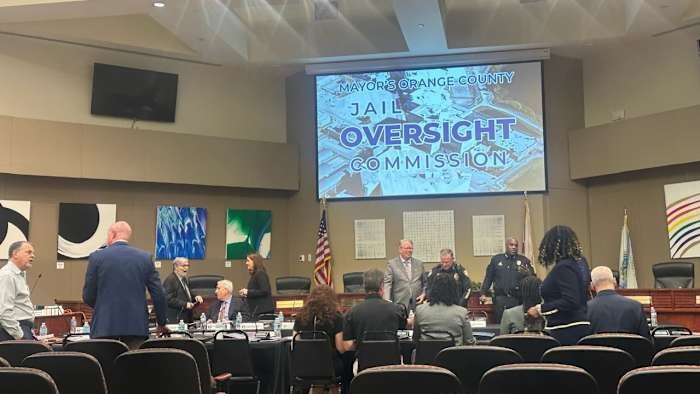Mexico has pushed back against the recent decision by the US government to temporarily halt imports of Mexican beef cattle, citing the presence of screwworm in some shipments. Mexican President Claudia Sheinbaum has publicly called the 15-day suspension “unfair,” sparking debate across the agricultural sector—including here in Central Florida. With Orlando’s vibrant restaurant scene and diverse communities, the ban’s ripple effects are being felt locally. Here’s what you need to know about this international dispute and its implications for Orlando residents and businesses.
Background: What Prompted the Beef Import Suspension?
The United States Department of Agriculture (USDA), under the Trump administration, announced a 15-day suspension of Mexican beef cattle imports after screwworm larvae were detected in several shipments. The screwworm, a parasitic fly larva, poses a serious threat to livestock health. According to US officials, the move was necessary to protect American herds and prevent the pest from spreading further into the United States.
The screwworm was largely eradicated from the US decades ago, but sporadic outbreaks still occur in parts of Latin America. US authorities maintain that strict measures are essential to maintain biosecurity. However, the Mexican government argues that the suspension is disproportionate and could have been handled through targeted inspections rather than a blanket ban.
Mexico’s Response: President Sheinbaum Speaks Out
Mexican President Claudia Sheinbaum was quick to describe the US action as “unfair,” emphasizing that Mexico has robust health and inspection protocols in place. Sheinbaum noted that isolated incidents should not justify broad trade restrictions, especially considering the close economic ties between the two countries.
“We have always cooperated with the United States to address animal health concerns,” Sheinbaum stated during a press conference. “This suspension harms not only our producers but also American consumers and businesses that rely on high-quality Mexican beef.”
Mexico is one of the top suppliers of beef to the US, and the temporary ban has sparked concerns about supply chain disruptions and price increases on both sides of the border.
Impact on Orlando: Local Businesses and Consumers
Orlando’s food industry and multicultural communities are directly impacted by changes in beef imports. Many local restaurants, especially those specializing in Mexican and Latin American cuisine, source beef products from Mexico due to their quality and competitive prices. The 15-day suspension could lead to short-term shortages or price fluctuations for Orlando’s eateries, grocers, and wholesalers.
Additionally, Orlando’s Latinx community, which has strong cultural and familial ties to Mexico, is closely following the dispute. Some local business owners have expressed concern that the ban could disrupt traditional menus and force them to seek alternative suppliers, possibly at higher costs.
“We rely on regular shipments of Mexican beef for both authenticity and affordability,” said Maria Lopez, owner of a popular Mexican restaurant in East Orlando. “Even a short suspension affects our menu planning and pricing.”
Economic and Political Implications
The beef import ban illustrates the delicate balance between food safety and international trade. For Orlando-based importers, distributors, and restaurants, such policy shifts can create uncertainty and complicate long-term planning.
Experts note that while the 15-day suspension may seem brief, it highlights larger issues regarding cross-border agricultural trade and regulatory cooperation. If such disputes become more common, Orlando’s food sector could face more volatility in supply and pricing. Moreover, the controversy has become a talking point in broader US-Mexico relations, with both sides eager to avoid lasting damage to their agricultural partnership.
On the political front, the suspension comes at a time when both countries are negotiating new frameworks for agricultural safety and trade. The response from Mexico signals a strong desire to defend its export sector while maintaining open dialogue with American officials.
What Happens Next?
As the 15-day suspension period unfolds, both US and Mexican officials are expected to engage in discussions to resolve the screwworm issue and prevent future incidents. The USDA has indicated that imports could resume once proper assurances are provided regarding pest control measures.
In Orlando, local stakeholders are closely monitoring the situation. Some restaurant owners are considering diversifying their supply chains, while others hope that normal trade will quickly resume. Public health authorities in Florida are also on alert, ensuring that no screwworm cases emerge locally.
The dispute serves as a reminder of how global trade issues can have real and immediate impacts at the community level—even here in Central Florida.
Conclusion: Your Voice Matters
The temporary suspension of Mexican beef imports has sparked international debate, economic concerns, and local impacts right here in Orlando. From restaurant owners to everyday consumers, many are waiting to see how the situation unfolds and what it means for their businesses and dinner tables.
What do you think about the US decision to suspend Mexican beef imports? Have you noticed any changes in local restaurants or grocery stores? We invite you to share your thoughts and experiences in the comments below. Stay tuned to Daily Orlando News for updates on this developing story and other news that matters to our community.
















